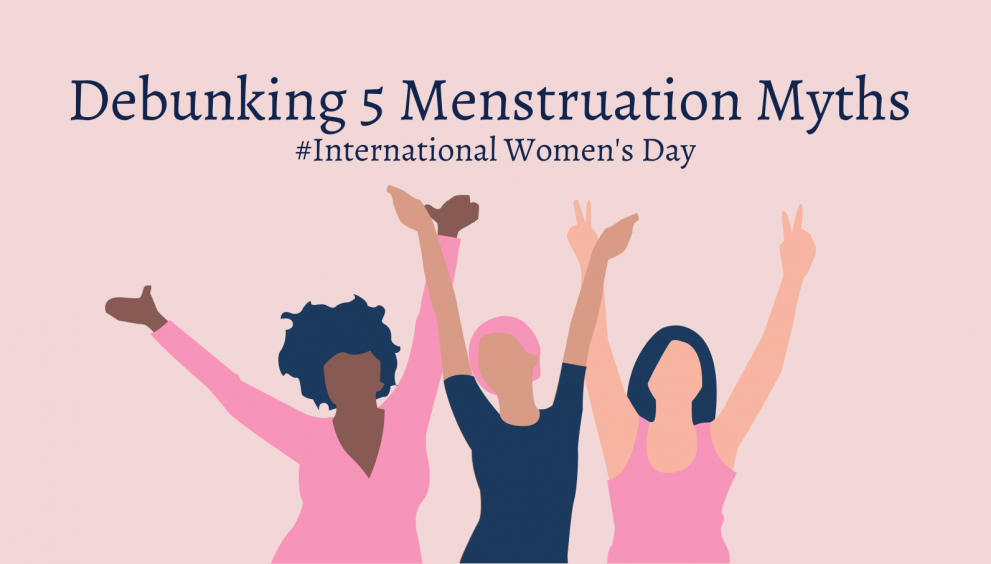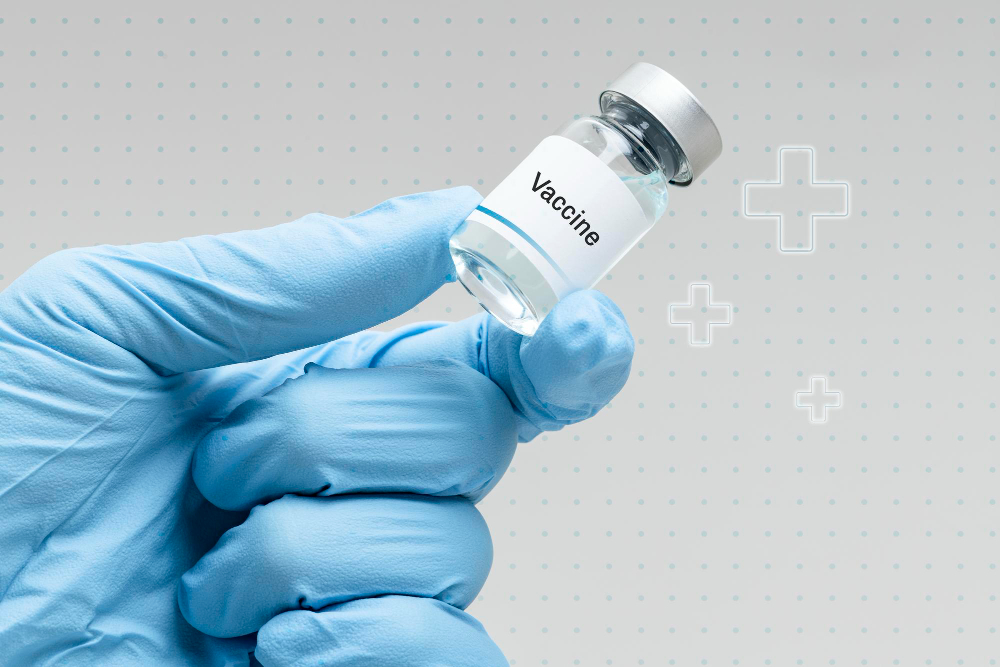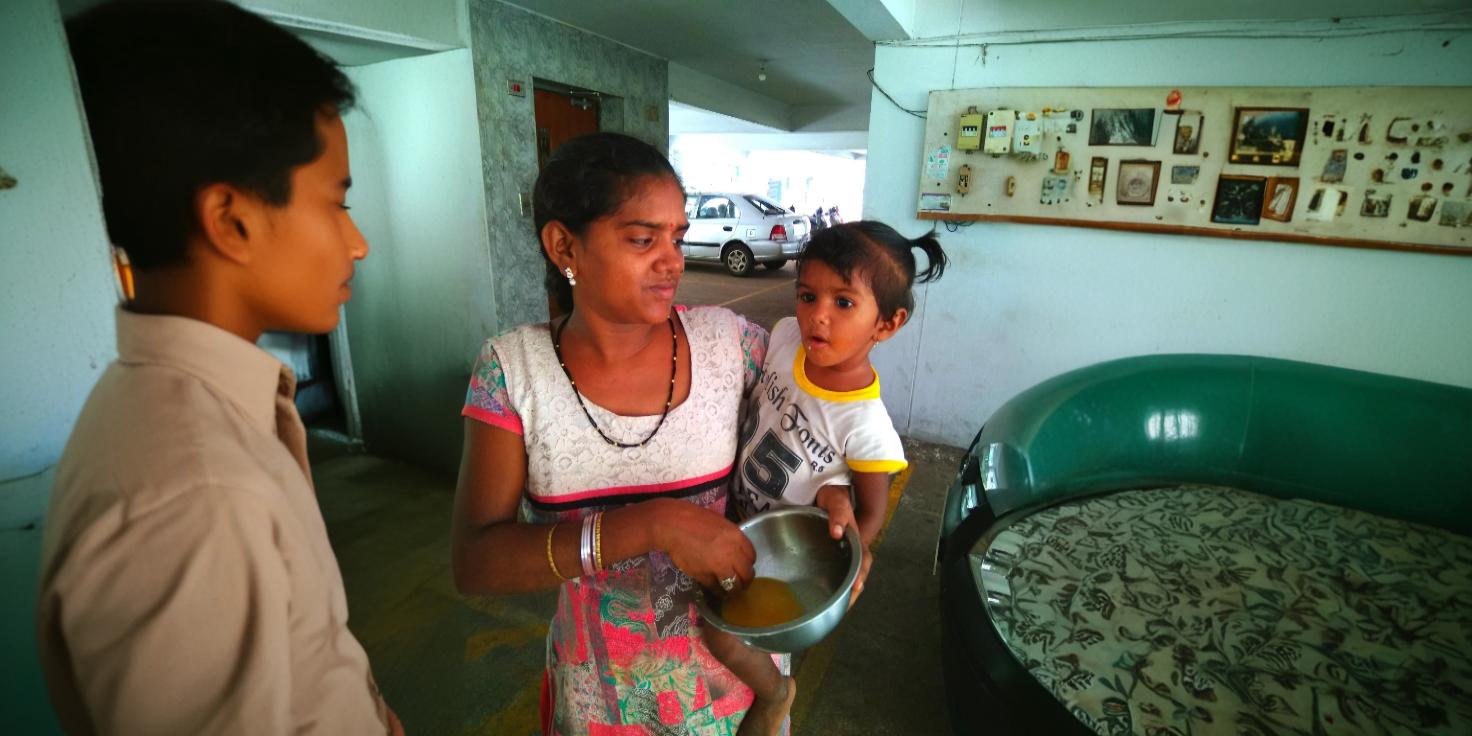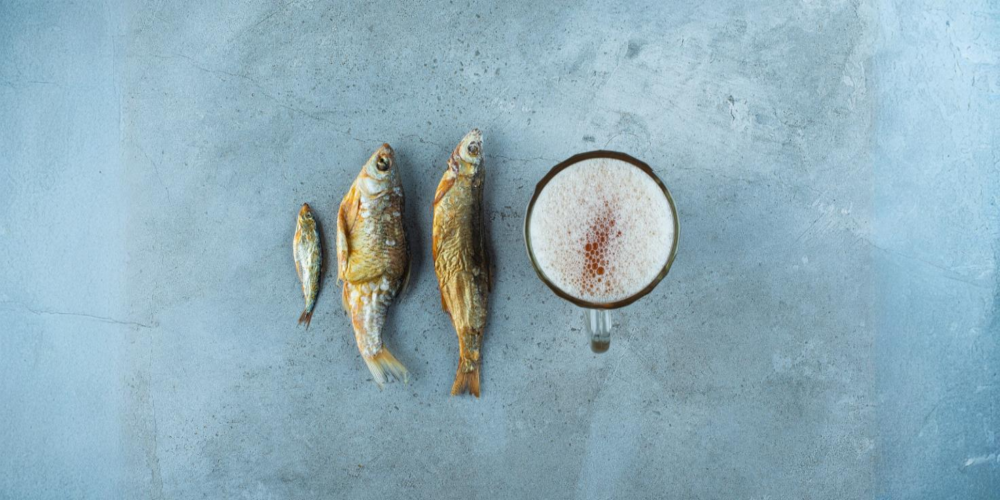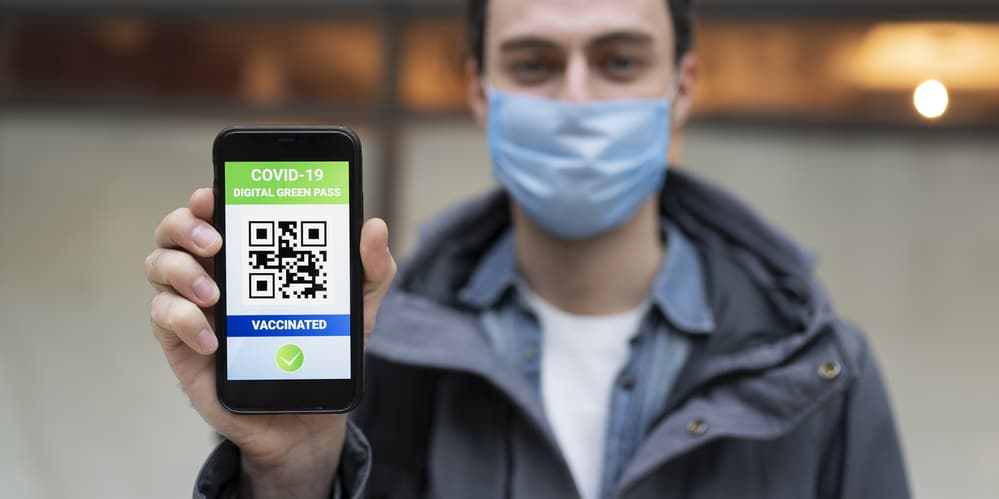This #InternationalWomen’sDay, let’s demystify periods and put the spotlight on facts.
By Aliya Zainab
International Women’s Day is celebrated on 8th March every year to recognise the social, economic, cultural and political achievements of women. This is also an opportunity to address the many challenges that women continue to face, including those related to their health. One such prevalent issue is the myths and misconceptions about menstruation.
Let’s debunk some of these common myths and shed light on the realities of menstruation:
Myth 1: Girls who haven’t started menstruating by a certain age are abnormal or unhealthy.
Fact: Studies show that the onset of menstruation is affected by a variety of factors, including genetics, nutrition, and environmental issues. While menarche typically occurs between the ages of 10 and 16 years in most girls in developed countries, there’s no reason to believe that something in ‘abnormal’ or ‘unhealthy’ in girls who start menstruating later. It’s best to consult a qualified medical practitioner in case of any such worries.
Read: Fact-Checked : No home remedy to induce menstruation within an hour!
Myth 2: Menstruating women should avoid exercise.

Fact: Different women experience menstruation differently. Studies show that women who exercise during menstruation experience lesser pain than sedentary women during menses. Regular exercise can help reduce menstrual cramps as well as improve mood and energy levels.
Also read : Don’t ignore period pain
Myth 3: Menstrual blood is dirty.

Fact: In many cultures around the world, the belief that menstruation is a sign of impurity or sin is deeply rooted. The fact is that menstruation is a normal bodily function that is necessary for reproductive health. Menstrual blood is not ‘dirty’ or ‘impure’. However, it’s important to maintain proper hygiene as poor menstrual hygiene can pose serious health risks, such as reproductive and urinary tract infections.
Myth 4: Women should avoid dairy products during their period.

Fact: Dairy products are a good source of vitamin D and calcium, which have been shown to help alleviate menstrual cramps and other menstrual symptoms. An interesting study in the US found that women with a higher calcium intake had less severe menstrual symptoms, including less abdominal pain and back pain, as compared to those with a lower calcium intake.
Myth 5: PMS is not a real medical condition

Fact: Premenstrual syndrome (PMS) refers to a group of physical and behavioural changes that some women experience before their periods every month. Symptoms may include bloating, breast tenderness, mood swings, irritability, fatigue, and headaches. In some cases, women experience a severe form of PMS called premenstrual dysphoric disorder (PMDD). Certain health conditions affecting the reproductive system, such as endometriosis and polycystic ovary syndrome (PCOS), are known to cause severe PMS.
This Women’s Day, as we champion the need for gender equality, let’s break the taboos and myths about menstruation. Women deserve a healthy menstruation.

